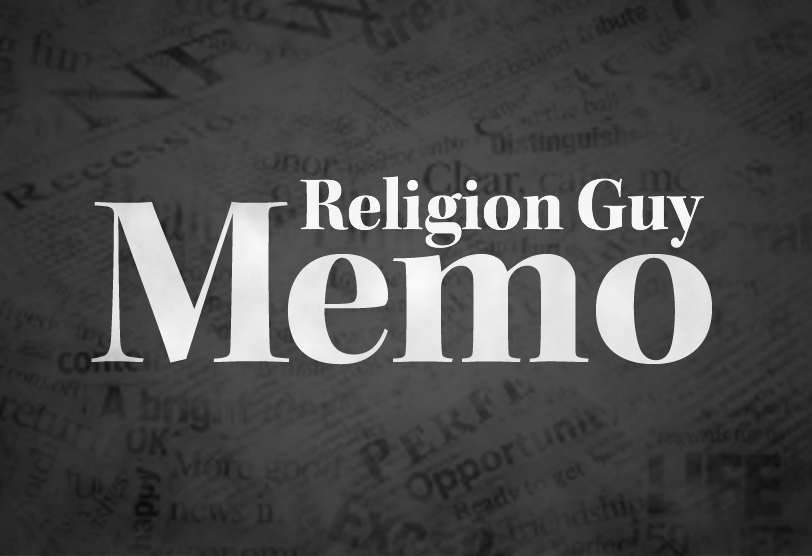It’s no more Thin Mints, Trefoils or Do-Si-Dos for the Roman Catholic Archdiocese of Kansas City – which is cutting all ties to the Girl Scouts, whose troops often meet on church property.
The Kansas City Star tried to explain it all in the article I’ll be dissecting below.
Before that, I do want to mention that my daughter is in her second year of Girl Scouts here in Washington state and she sold 132 boxes of cookies this past winter, which is pretty good for someone who did it door to door instead of having her mommy strong-arm fellow employees (which is what goes on in some families).
Plus, I was part of a troop in Connecticut many moons ago. I had to slog through the snow to sell cookies. Those have jumped from $4/box to $5 this year, of which the local troop only gets a fraction.
So what is going on in Kansas City. It appears that, these days, Girl Scouts is more of an ideology than an after-school activity for some folks:
Saying that Girl Scouts is “no longer a compatible partner in helping us form young women with the virtues and values of the Gospel,” the Archdiocese of Kansas City in Kansas is severing ties with the organization and switching its support to a Christian-based scouting program.
“I have asked the pastors of the Archdiocese to begin the process of transitioning away from the hosting of parish Girl Scout troops and toward the chartering of American Heritage Girls troops,” Archbishop Joseph F. Naumann said in a statement released Monday.
“Pastors were given the choice of making this transition quickly, or to, over the next several years, ‘graduate’ the scouts currently in the program. Regardless of whether they chose the immediate or phased transition, parishes should be in the process of forming American Heritage Girl troops, at least for their kindergartners, this fall.”
As I scanned through the rest of the article, there was no mention of how many girls or troops this involves. How many troops meet at local Catholic churches? We’re not told.


